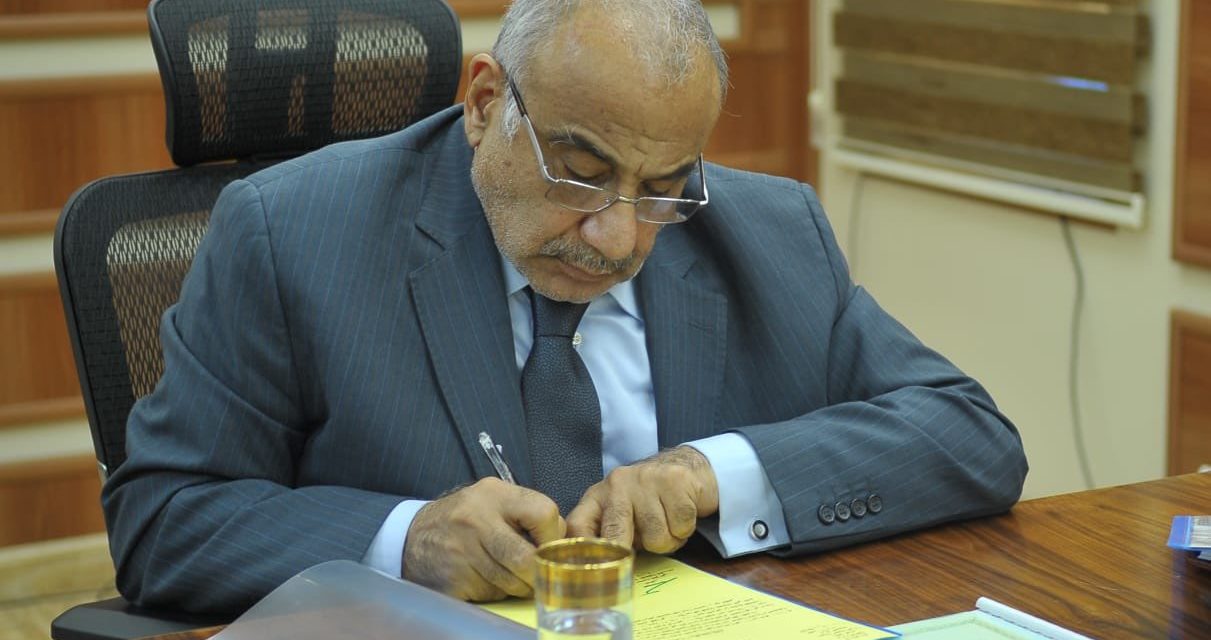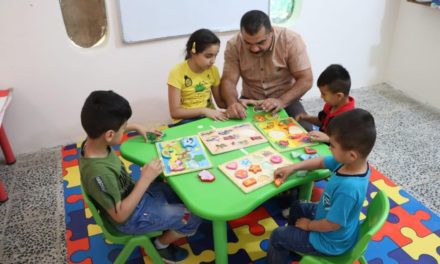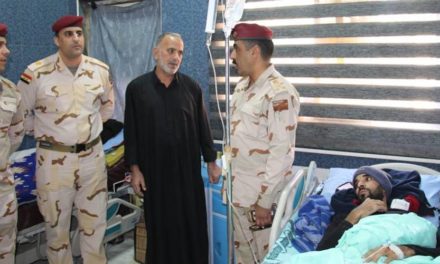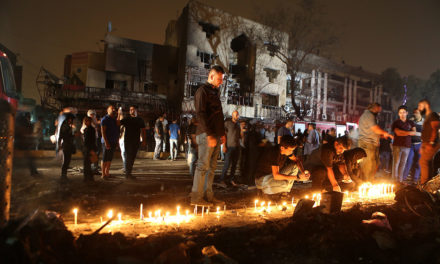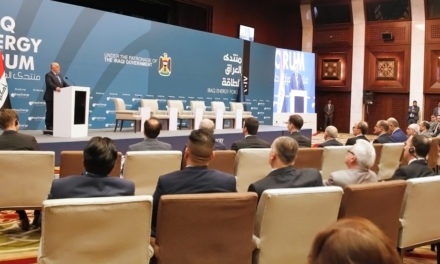Forming Iraq’s new government was nearly concluded on October 25, 2018, as parliament voted in Prime Minister Adil Abdul-Mahdi, 14 ministers and approved the government program Abdul-Mahdi’s team developed. The next phase to vote in the remaining ministers is supposed to happen on November 4, but there remain differences on the critical government posts of Defense and Interior. Whether Abdul-Mahdi’s cabinet is completed or not, the program that is supposed to be authored by technocrats undoubtedly does not meet expectations.
Despite being 2018, Iraqis decision makers continue to fail in distinguishing between a strategic document that is supposed to determine the future of a country for the next four years and an oversized to-do list that tediously describes the responsibilities of different ministries and governmental bodies. A government program is a policy document that is supposed to outline the major areas the cabinet will focus on, indicating a handful of priorities for each ministry that is urgent or critical to be dealt with. Instead, the current 121-page long document in Arabic (not translated to Kurdish or English), is one that is poorly formatted and full of clichés.
The document outlines six significant areas. They are:
1) Security
2) Finance, economy, and development
3) Sustainable development and social services
4) Construction and infrastructure
5) Government performance and administrative reform
6) Political census.
While these are essential areas, each one contains at least a dozen priorities that are too vague and ambitious. Priorities by definition have to be limited in number, specific, and the most critical to address. Construction and infrastructure, for instance, has 20 ‘priorities,’ where, “Increasing the capacity of marine transportation and the expansion of seaport capacities,” (priority 8) or, “Finishing the construction, stadiums, sports, entertainment, and cultural centers,” (priority 15) all come before, “Providing clean drinking water based on international standards,” (priority 18).
This is the exact opposite of what priorities are, putting into consideration that in the last few months the country has been going through a water shortage and that there is a water pollution epidemic with thousands of people affected by it today in Basra.
The document, later on, highlights a group of programs and projects for each priority, with the ministry responsible indicated. The tables in the appendix show that there is no understanding of priorities, responsibilities, and performance indicators. Let’s examine the priority of, “Establishment of strategic partnerships with the regional and international neighboring nations based on mutual interests in order to support the position of Iraq,” which is the responsibility of the Ministry of Foreign Affairs. One of the programs and projects to achieve that is, “Strengthening of Iraq’s sovereignty, security, and stability,” and a performance indicator for that is, “Signing three treaties.” Another one is, “Providing services to Iraqis abroad and consulate services,” with a performance indicator of, “Supporting diplomatic cadres abroad, reopening of 15 embassies, and supplying them with the required equipment.” How can signing treaties be an indicator for strengthening Iraq’s sovereignty? Is sovereignty measured with the number of treaties signed?
Furthermore, which treaties? Alternatively, will any three treaties suffice? The same applies to improve consular services to Iraqis abroad. Will the supply of the right equipment to 15 Iraqi consulates and embassies automatically mean better services? What about services to non-Iraqis? These examples are only a few showing that there is no understanding of performance measurements and their importance in improving government conduct.
While the government program contains essential issues and items, the important issues are buried amongst many clichés. Issues like Internally Displaced People (IDPs), power-shortages, and dealing with the water crisis should not be put on par with important but less critical goals and ambitions.
The way the government program is written, designed and structured shows how flawed the process of crafting policy, focusing on priorities, implementing plans, and following up on implementation is in Iraq. Probably the highest priority for Iraq’s top decision-makers is to learn the basics of policy and planning. Abdul-Mahdi’s government was intending to be the government of technocrats, where technical and administrative expertise is supposed to be the hallmark. With the already questionable choices for cabinet posts and the poorly written government program, one has to ask how he will manage the country in the next four years.
The stakes are high. Iraq must preserve the progress it achieved and deal with the fatal failures of the previous governments. While we should not lose hope in the new government and it is too early to judge its performance, there is no time to repeat the same mistakes and keep the same flaws unfixed. Achieving the minimum standards of producing a strategic document should not be an issue in 2018.

Muhammad Al-Waeli
Muhammad Al-Waeli is a Ph.D. candidate in management focusing on leadership and reform in Iraq.

